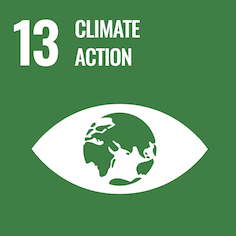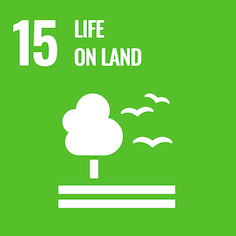The circular economy has tremendous potential to contribute to climate change mitigation and adaptation, as well as halting biodiversity loss through reducing material consumption, regenerative agriculture and nature-based solutions. This session discusses the takeaways of the COP27 and presents the circular economy as a pathway to reach climate and biodiversity targets on the African continent. It describes how a just transition to circularity is crucial in achieving the UN’s sustainable development goals (SDGs).
Organisers: The African Development Bank Group and PACE.
Watch the session recording with English captions:
Watch the session recording with French captions and interpretation:
Setting the scene: The interlinkages between the circular economy, climate and biodiversity
-
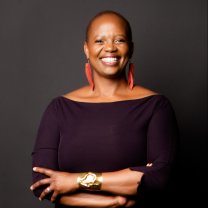
Wanjira Mathai
Managing Director for Africa and Global Partnerships, World Resources Institute (WRI)
Youth take on COP27 and future action
-

Paula Pättikangas
The Finnish National Youth Council Allianssi
Moderator
-

Wanjira Mathai
Managing Director for Africa and Global Partnerships, World Resources Institute (WRI)
Dialogue: Takeaways from COP27 for Africa
-
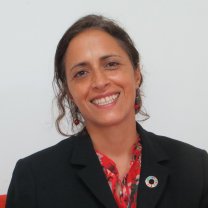
Adriana Zacarias Farah
Senior Programme Manager, Head of GO4SDGs, Deputy Head 10YFP Secretariat, United Nations Environment Programme (UNEP)
-
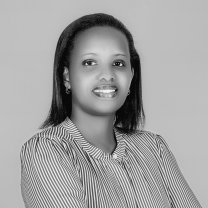
Davinah Milenge
Principal Programme Coordinator, African Development Bank
Takeaways of COP27 for climate and biodiversity
-
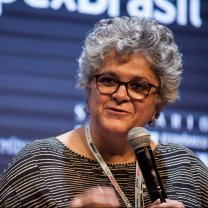
Izabella Teixeira
Co-Chair, International Resource Panel
Dialogue: The circular economy as a tool for adaptation and biodiversity in the African context
-

Kari Herlevi
Head of Global collaboration unit for Sustainability solutions, The Finnish Innovation Fund Sitra
-

Maxwell Gomera
Resident Representative, United Nations Development Programme (UNDP )
Concluding dialogue: Key take-aways
-
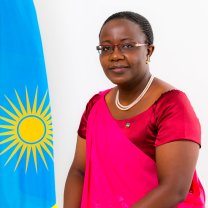
Jeanne d’Arc Mujawamariya
Minister of Environment, Rwanda , Ministry of Environment, Rwanda
-
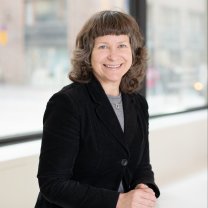
Terhi Lehtonen
Vice-Minister of the Environment and Climate Change, Ministry of the Environment, Finland
